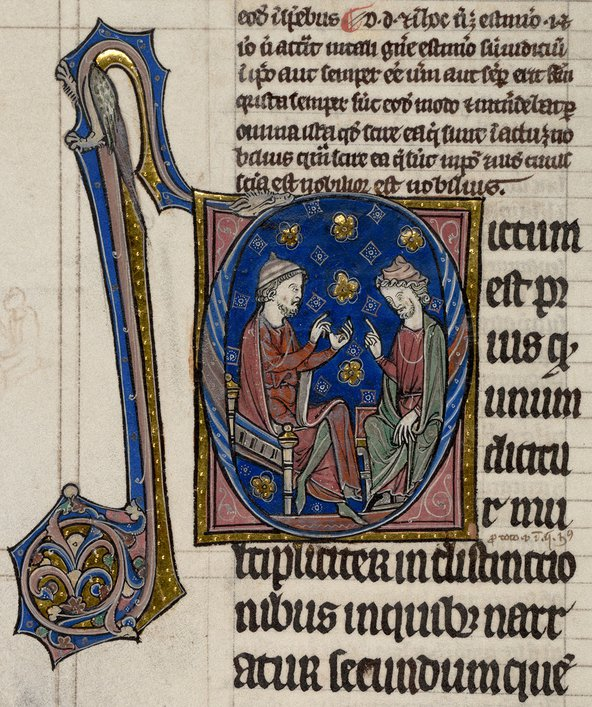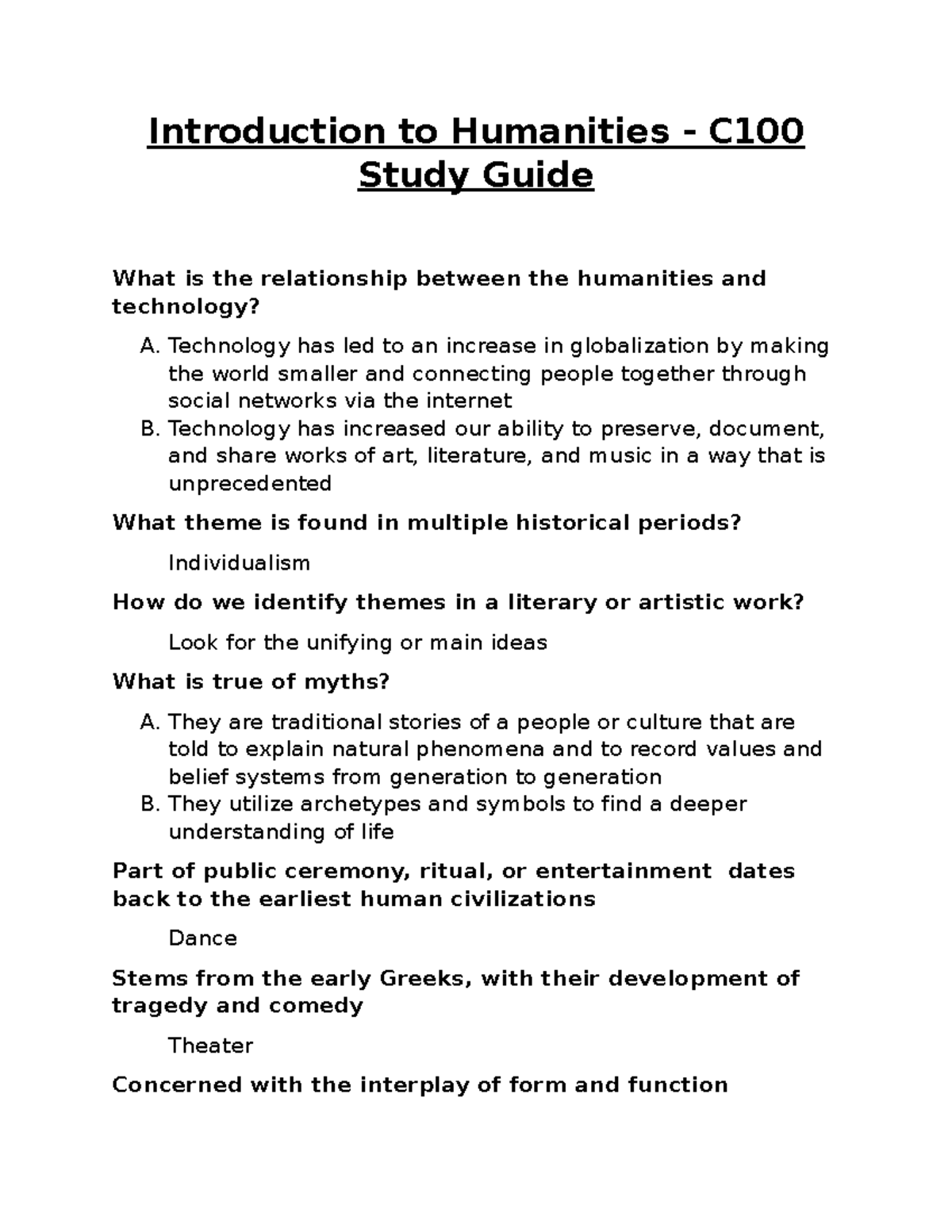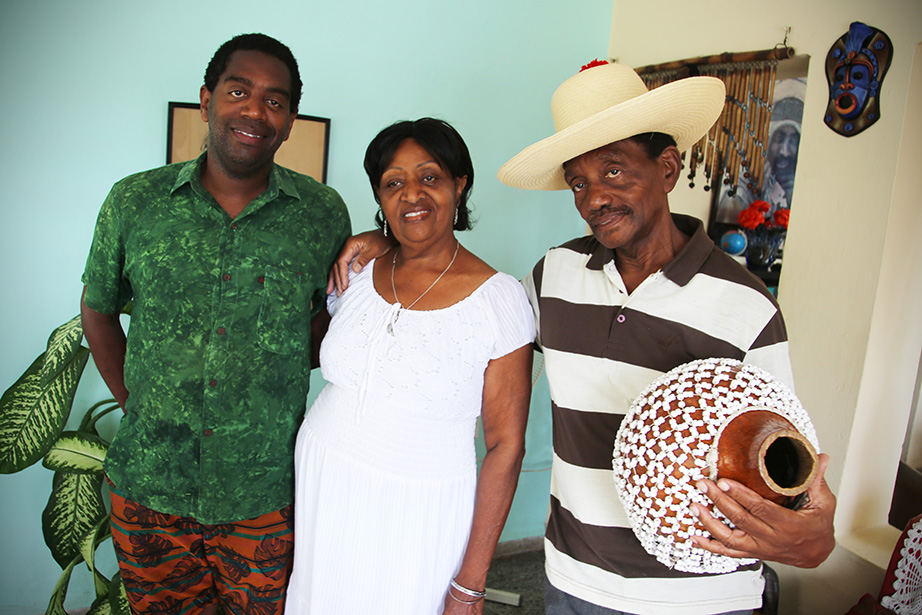Medieval studies offers a fascinating lens through which we can explore the complexities of the past, bridging historical events, cultural nuances, and literary achievements. This interdisciplinary field encompasses various areas of inquiry, including the profound works of Chaucer literature, with its rich tapestry of narrative and societal commentary, all while grappling with modern-day perspectives. The recent Harvard medieval conference drew over 800 scholars from around the globe, showcasing the diverse topics that have emerged within this academic discipline, from medieval trade agreements to the evolving narratives of the global middle ages. The engagement of medieval academies in such conferences reflects a dynamic exchange of ideas, revealing how medieval studies continues to shape contemporary discourse. With an emphasis on collaboration and innovative research, the realm of medieval studies stands as a testament to the enduring relevance of our historical heritage.
Exploring the intricacies of medieval academia, this scholarly domain unites various disciplines that investigate historical narratives, cultural practices, and literary expressions from the Middle Ages. Recently, the medieval studies community convened at a significant academic summit, facilitating dialogues among those who delve into topics ranging from the influence of Chaucer on modern literature to the examination of trade dynamics across ancient civilizations. Such gatherings highlight the importance of an interdisciplinary approach, recognizing that the legacies of the past continue to inform our understanding of contemporary issues. Scholars are encouraged to view the medieval era through a global lens, embracing the interconnectedness of regions and cultures. By navigating the vast landscape of knowledge within medieval studies, researchers contribute to a richer, more nuanced appreciation of our shared history.
The Renaissance of Medieval Studies at Harvard
The revival of medieval studies at Harvard has reached an unprecedented milestone with the centennial gathering of the Medieval Academy of America. This event served not only as a testament to the enduring relevance of medieval scholarship but also as a homecoming, allowing scholars to converge once again in the institution that fostered much of their academic pursuits. Nearly 800 academics from 23 countries joined together, showcasing the importance of interdisciplinary studies that bridge various fields, including history, literature, and cultural studies. As noted by Sean Gilsdorf, the administrative director of the Committee on Medieval Studies, these gatherings are vital for the evolution of the discipline, emphasizing a connection to the past while looking toward the future of medieval scholarship in the 21st century, leveraging the rich legacy of the Medieval Academy founded in the early 1920s.
At the centennial conference, the breadth and depth of topics discussed reflected the interdisciplinary nature of contemporary medieval studies. From Chaucer literature to the study of global medieval worlds, presentations offered a comprehensive look into how medievalists are addressing current scholarly challenges and opportunities. Ph.D. candidates shared insights on topics ranging from trade agreements in Venice to the unique perspectives on “Beowulf” through modern translations, emphasizing how this ancient literature continues to resonate today. This dynamic exchange of ideas facilitated a collaborative spirit among scholars, reinforcing their shared commitment to exploring the complexities of the medieval period and its global implications.
Chaucer’s Legacy in Modern Scholarly Discourse
Geoffrey Chaucer’s contributions to literature have remained a focal point in the study of medieval texts, with his works being critically examined for their cultural and social commentary. As scholars like Fernanda García-Oteyza reveal, Chaucer’s exploration of themes such as rumor and authority resonates deeply with contemporary discussions surrounding misinformation in the digital age. By establishing connections between Chaucer’s insights in ‘The House of Fame’ and modern literature, such as Patricia Lockwood’s narrative, the enduring relevance of his work is underscored. This intersection of past and present invites a broader conversation about the role of historical literature in understanding contemporary societal issues.
Furthermore, Chaucer’s impact extends beyond literary studies into interdisciplinary realms, where methods of analysis can help decode the intricate human experiences reflected in his works. This year’s conference showcased numerous presentations on Chaucer that sparked dialogues on his narrative techniques and character portrayals, inviting new interpretations from modern audiences. By positioning Chaucer within the larger context of global medieval studies, scholars are not only safeguarding his legacy but are also ensuring that discussions about his works remain vibrant and relevant in interdisciplinary studies.
The Role of Interdisciplinary Studies in Medieval Scholarship
Interdisciplinary studies have become a defining feature of medieval scholarship, pushing scholars to draw from various fields such as history, cultural studies, and literature. This year’s conference exemplified this spirit, with presentations that highlighted connections between medieval trade, social norms, and literary expressions across cultures. Ph.D. candidates like Elena Shadrina emphasized how analyzing medieval trade agreements sheds light on the societal structures of the time, illustrating how commercial interactions influenced cultural exchanges that shaped medieval narratives. Such comprehensive approaches are crucial for fostering a richer understanding of the medieval period, moving beyond traditional boundaries and embracing a global perspective.
The emphasis on interdisciplinary dialogue not only enhances scholarly exchange but also invigorates the teaching of medieval studies itself. The workshop on teaching the Global Middle Ages, led by Assistant Professor Anna Wilson, showcased innovative strategies for educators to incorporate a diverse range of perspectives into their curricula. This initiative encourages graduate students and faculty alike to think critically about the ways in which medieval studies are taught, ensuring that emerging scholars are equipped with the tools necessary for engaging with a diverse array of historical contexts. By fostering connections between different academic disciplines, medieval studies continues to evolve, illuminating the complexities of the past while remaining relevant to contemporary societal discussions.
Exploring the Global Middle Ages
The concept of the Global Middle Ages has gained traction in recent years, prompting scholars to broaden their scope beyond the traditional European-centric narratives of the medieval era. This innovative approach encompasses diverse regions, including Africa, Asia, and the Islamic world, illustrating the interconnectedness of medieval societies across continents. At the Harvard conference, discussions and presentations regarding medieval worlds emphasized the importance of understanding these cross-cultural exchanges, which challenge the prevailing idea that the medieval period was isolated and homogenous. Through highlighting these diverse narratives, researchers are reshaping the historical landscape of the Middle Ages and underscoring its relevance to global history.
Ph.D. candidates showcased research that delved into various aspects of the Global Middle Ages, such as maritime trade routes and cultural exchanges between different civilizations. The impact of these studies has been significant, as they encourage medievalists to adopt a more holistic view of the past, recognizing the diverse voices and experiences that contributed to our understanding of this pivotal era. The focus on global interactions not only revitalizes medieval studies but also cultivates an appreciation for the complexity of historical narratives, reinforcing the field’s role in fostering a comprehensive understanding of cultural heritage and human development.
The Impact of Online Communities on Medieval Scholarship
In today’s digital age, online communities have become crucial support systems for scholars within the field of medieval studies. With the rise of social media and academic networking platforms, academics can easily collaborate, share research, and engage in debates with peers worldwide. This accessibility promotes a vibrant exchange of ideas and leads to innovative research methodologies, ensuring that medieval scholarship remains dynamic and responsive to contemporary academic discourse. Conferences like the one held at Harvard serve as a catalyst for these online interactions to flourish, strengthening the sense of community among scholars and enhancing collaborative opportunities.
Moreover, digital tools and resources are reshaping the way medievalists conduct research. Online databases, digital archives, and collective scholarship projects provide unprecedented access to primary sources and scholarly works, equipping researchers with the necessary resources to explore new avenues of inquiry. This digital transformation enables medieval studies to reach a broader audience, encouraging individuals outside the academic circle to engage with medieval texts and ideas. As scholars navigate the complexities of these online platforms, they can create inclusive dialogues that bridge the gap between past and present, fostering a deeper understanding of medieval culture in today’s society.
The Future Directions of Medieval Scholarship
As the Medieval Academy of America reflects on the past century of scholarship, it is imperative to consider the future directions in which medieval studies may evolve. The evolution of the field is driven by continuous inquiry and a commitment to exploring uncharted territories within medieval history. Scholars are increasingly encouraged to seek out lesser-known texts, minority voices, and narratives that challenge traditional historical narratives, fostering a more inclusive understanding of the medieval period. This push for innovation ensures that the discipline remains engaged with contemporary issues and reflective of the diverse societies that contributed to its development.
Future conference gatherings will likely continue to focus on interdisciplinary approaches, inviting experts from various fields to share insights that can reshape medieval studies. The integration of digital humanities, environmental studies, and global perspectives will also play a significant role in this evolution, expanding research possibilities and methodologies that define modern scholarship. As medieval studies adapts to the changing academic landscape, it promises to generate new insights and promote critical discussions that resonate with current societal needs.
Medieval Trade and Cultural Exchange
The study of medieval trade routes and agreements is integral to understanding the cultural exchanges that characterized the Middle Ages. Researchers like Elena Shadrina have shed light on how medieval Venetian trade agreements not only facilitated commerce but also fostered interactions among diverse cultures. By examining the mechanisms of trade, scholars can uncover the ways in which economic relationships influenced social structures, artistic expression, and even literary production during this period. The intersection of trade and culture highlights the interconnectedness of different regions, reinforcing the idea that the medieval world was not isolated but rather a tapestry interwoven with varied experiences.
These explorations into medieval trade are increasingly pertinent in discussions about globalization today. By reflecting on historical trade practices, scholars can draw parallels with contemporary economic systems and cultural exchanges. This perspective invites interdisciplinary analyses that link medieval studies with modern issues, such as migration, identity, and intercultural understanding. As research continues to probe the complexities of these relationships, it enhances our appreciation for the rich tapestry of human history, ultimately enriching the field and its relevance to global discourse.
Revitalizing Medieval Literature for Contemporary Audiences
The revitalization of medieval literature in modern contexts often leads to renewed interest in classic texts. Scholars are increasingly focusing on how contemporary interpretations and translations, such as Meghan Purvis’s work on ‘Beowulf,’ can bridge historical divides and engage new audiences. By providing fresh perspectives, these retellings challenge preconceived notions about medieval narratives and allow for diverse interpretations that resonate with today’s readership. Such efforts are crucial for ensuring that medieval literature remains relevant and accessible, inviting broader conversations about its themes and implications.
In addition to literary translations, modern adaptations often incorporate visual media and performance art to bring medieval texts to life. This fusion of traditional literature with contemporary forms creates a dynamic interaction between past and present, encouraging audiences to explore the historical significance of these works. Events like the Medieval Academy’s centenary conference highlight the importance of these adaptations, showcasing how medieval literature can inspire creativity and dialogue across different platforms. As scholars continue to redefine how medieval literature is perceived and consumed, they invariably contribute to the field’s growth and its ability to captivate future generations.
Frequently Asked Questions
What is the significance of the Medieval Academy of America in medieval studies?
The Medieval Academy of America plays a pivotal role in advancing medieval studies by providing a platform for scholars to share research, collaborate, and explore interdisciplinary approaches. Founded in the early 1920s, it has fostered global academic discourse and facilitated connections among experts in the field, making it a central figure in medieval academia.
How does the Harvard medieval conference contribute to the field of medieval studies?
The Harvard medieval conference significantly contributes to medieval studies by gathering scholars from around the world to discuss their research, share insights, and engage in workshops. This annual event highlights the interdisciplinary nature of medieval studies, allowing participants to tackle diverse topics related to the global middle ages and enhance scholarship across various themes.
What interdisciplinary approaches are commonly explored in medieval studies?
Interdisciplinary approaches in medieval studies often involve integrating perspectives from history, literature, art, religion, and cultural studies. For instance, scholars may examine how Chaucer literature interacts with contemporary societal issues, or how global perspectives are represented in medieval scholarship, as seen in the recent Harvard medieval conference.
What role does Chaucer literature play in modern interpretations of medieval studies?
Chaucer literature remains a key component of medieval studies as it explores enduring themes such as truth and authority through poetic expression. Contemporary scholars analyze works like ‘The Canterbury Tales’ to draw parallels between historical and modern concerns, enriching the discourse on medieval literature and its relevance to today’s cultural narratives.
What topics were highlighted at the recent Harvard Medieval Academy conference?
The recent Harvard Medieval Academy conference highlighted a variety of topics, including medieval trade agreements, the revival of historical sporting festivals, and the global implications of the medieval world. Presentations spanned regions from the Mediterranean to East Asia, showcasing the expanding scope of medieval studies and its international focus.
How can graduate students engage with the concept of the Global Middle Ages in their studies?
Graduate students can engage with the concept of the Global Middle Ages by adopting a comprehensive perspective that examines connections across different cultures and regions during the medieval era. Participating in workshops and conferences, such as those organized by the Medieval Academy, can help students incorporate a global outlook into their research and teaching methodologies.
Why is attending conferences important for scholars in medieval studies?
Attending conferences is crucial for scholars in medieval studies as it fosters face-to-face interactions, encourages collaboration, and stimulates intellectual discussions. These events allow researchers to present their work, receive feedback, and network with peers, providing essential opportunities for professional growth and the exchange of ideas.
What are some innovative trends being discussed in medieval studies today?
Innovative trends in medieval studies today include the exploration of new digital methodologies, the emphasis on global perspectives, and the interdisciplinary examination of texts. Scholars are increasingly utilizing technology to analyze medieval manuscripts and artifacts, while also addressing contemporary relevance through historical comparisons and cultural studies.
How does the study of medieval trade agreements enhance our understanding of economic systems in history?
The study of medieval trade agreements, such as those examined at Harvard’s conferences, enhances our understanding of historical economic systems by revealing the complexities of commerce, legal practices, and cultural exchanges. By analyzing verbal contracts and documentation, scholars can trace the evolution of trade practices and their impact on societal development during the medieval period.
In what ways have medieval studies evolved over the past century?
Medieval studies have evolved significantly over the past century, embracing diverse interdisciplinary approaches and increasingly global perspectives. The field has expanded beyond traditional literature and history to include cultural studies, art, and economics, fostering a more comprehensive understanding of the medieval world and its legacies.
| Key Point | Details |
|---|---|
| Event Overview | The Medieval Academy of America’s 100th annual meeting brought together 800 scholars from 23 countries at Harvard. |
| Interdisciplinary Focus | The conference showcased the evolving nature of medieval studies through various disciplines and global perspectives. |
| Historical Context | The Medieval Academy’s origins date back to the early 1920s in Cambridge and Boston. |
| Key Presentations | Research topics included medieval trade agreements, cultural festivities, and modern interpretations of classical texts. |
| Return to Roots | This year’s conference marked a homecoming for the Academy, last held at Harvard in 1975. |
| Future of Medieval Studies | Discussions centered on the future direction of scholarly research and education in medieval studies. |
Summary
Medieval studies have experienced notable growth and transformation over the last century, as evidenced by the recent 100th annual meeting of the Medieval Academy of America. This prestigious event, held at Harvard, gathered scholars from around the globe to engage in important discussions about the rich history and diverse relevance of medieval culture. As these academics explored various facets of the field, from trade agreements to literary reinterpretations, they not only honored the past but also contemplated the future trajectory of medieval studies, emphasizing its interdisciplinary nature and global connections.



